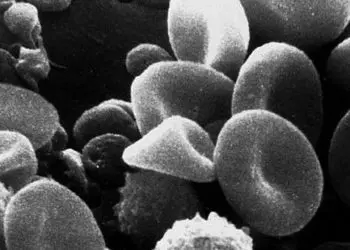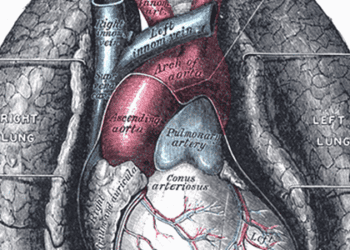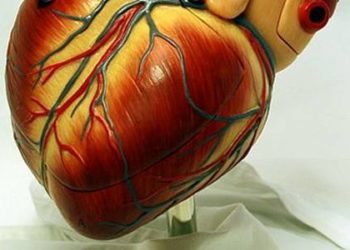Automated insulin delivery improves glycemic control over continuous glucose monitoring
1. Among patients with type-2 diabetes (T2D) requiring insulin therapy, automated insulin delivery (AID) resulted in a greater reduction in glycated hemoglobin (HbA1c) compared to continuous glucose monitoring (CGM) alone.
2. The incidence of hypoglycemia was low in both the AID and CGM-alone groups.
Evidence Rating Level: 1 (Excellent)
Study Rundown: AID systems have been shown to improve glucose control in type 1 diabetes, but their effectiveness in insulin-treated T2D remains uncertain. Existing studies on T2D are limited by small sample sizes or lack of randomization. Despite effective non-insulin medications, including glucagon-like peptide-1 receptor agonists (GLP-1RA) and sodium-glucose cotransporter 2 inhibitors (SGLT2i), many patients with T2D still require insulin therapy and could benefit from an AID. This study investigated the use of an AID system in addition to CGM among patients with insulin-treated T2D. By 13 weeks, the AID group was associated with a greater reduction in the HbA1c level, compared to the CGM-only group, and greater time spent in the target glucose range. The incidence of hypoglycemia was comparable between the two groups, although one episode of serious hypoglycemia occurred in the AID group. The study’s short duration and inclusion of mostly CGM users may limit its generalizability. However, these findings suggest that AID significantly improves glucose control in insulin-treated type 2 diabetes, supporting its potential for broader clinical use.
Click here to read the study in NEJM
In-Depth [randomized controlled trial]: This was a randomized controlled trial investigating the efficacy and safety of an AID system among adults with T2D. Patients at least 18 years of age, who had had T2D at least six months, and were receiving multiple daily injections of insulin with at least one containing rapid-acting insulin per day or an insulin pump for at least three months were eligible for inclusion. Exclusion criteria included pregnancy or breastfeeding; use of corticosteroids, sulfonylureas, or hydroxyurea; hemoglobinopathy; or use of a hybrid closed-loop insulin delivery system. In total, 319 patients were randomized 2:1 to either the AID group or the control CGM group. The primary outcome was the HbA1c level at 13 weeks. By 13 weeks, the AID group’s HbA1c decreased from 8.2% at baseline to 7.3% (-0.9%), while the control group’s HbA1c decreased from 8.1% to 7.7% (-0.3%) (adjusted mean difference, -0.6%; 95% confidence interval [CI], -0.8 to -0.4; p<0.001). Time spent in target glucose range was greater in the AID group than the control group (mean difference [MD], 14 percentage points; 95% CI, 11-17; p<0.001), whereas time in hyperglycemia was reduced in the AID group (MD, -16 percentage points; p<0.001). Hypoglycemia rates were comparable between the groups; however, one episode of severe hypoglycemia occurred in the AID group of indeterminate cause. Most severe adverse outcomes were not related to the AID system. AID consistently improved glycemic control across subgroups, including those with higher baseline HbA1c and those using a GLP-1RA or SGLT2i. Higher overall weight gain was observed in the AID group (+2.4 kg compared to +0.9 kg). This first large-scale RCT of AID in type 2 diabetes demonstrated clinically meaningful improvements in HbA1c and glucose control without increasing hypoglycemia risk.
Image: PD
©2025 2 Minute Medicine, Inc. All rights reserved. No works may be reproduced without expressed written consent from 2 Minute Medicine, Inc. Inquire about licensing here. No article should be construed as medical advice and is not intended as such by the authors or by 2 Minute Medicine, Inc.







